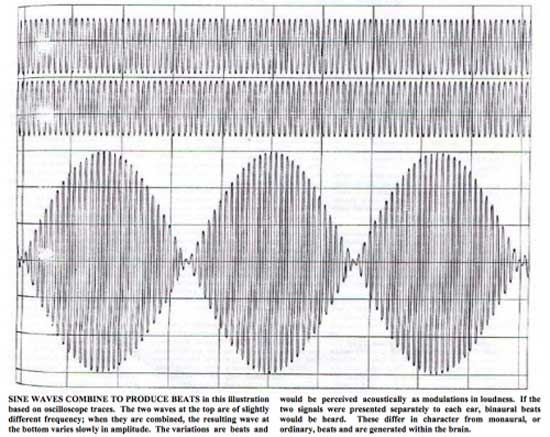Having read our ‘How it Works’ page, you’ve probably got a good idea of how binaural beats work, and tested the science for yourself using the sample provided and a pair of headphones. If you’re anything like us here in the ‘BBM lab’ (as we like to call it) you are probably itching to find out more on the history of binaural beats and the scientific evidence that led to the creation of today’s brain entrainment movement.







